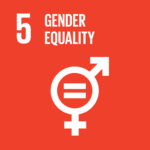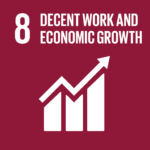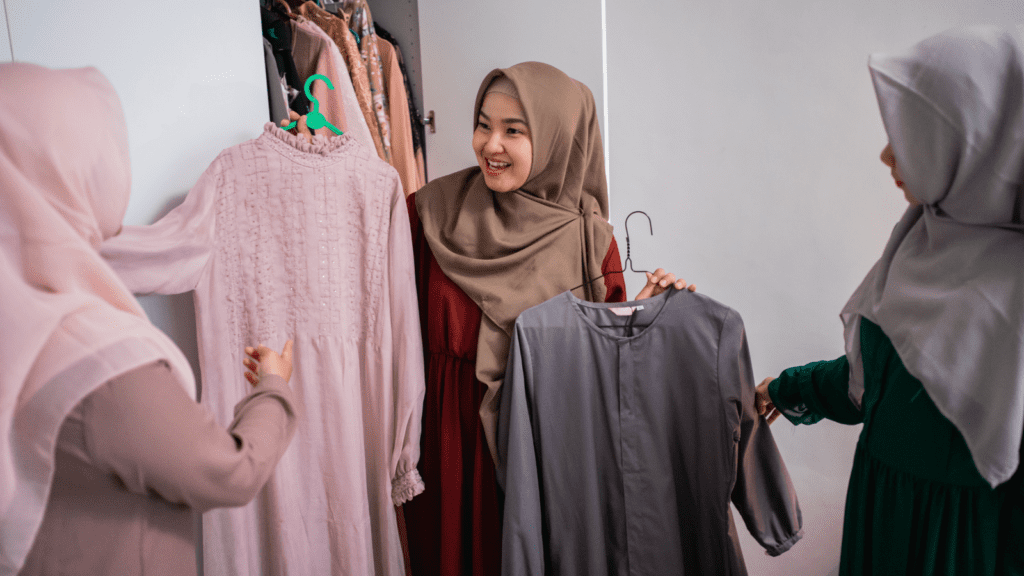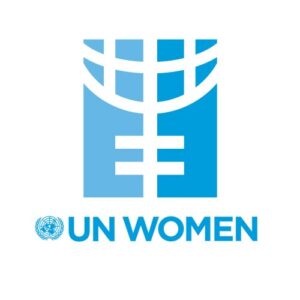ASEAN, UN Women encourage private sector to support women-owned businesses in COVID-19 recovery.
The Association of Southeast Asian Nations (ASEAN) and UN Women issued the ASEAN Policy Action Brief: Advancing Gender and Business Reporting to Implement the Women’s Economic Principles (WEPs) as Part of an inclusive COVID-19 Economic Recovery at the ASEAN Women Leaders’ Summit, 13th October 2022.
RELEVANT SUSTAINABLE GOALS


In his opening remarks, Secretary-General of ASEAN Dato Lim Jock Hoi emphasised the transformative role of women as agents of inclusive economic growth. “More than a moral imperative, bridging the gender gap makes economic sense,” he stressed.
The policy action brief notes that while the ASEAN region has made progress in closing gender gaps, “women have disproportionately borne the negative effects of the pandemic in terms of unemployment, income loss, business failure, increased risk of domestic violence, and increased unpaid domestic and care responsibilities. Therefore, inclusive economic recovery lags as a result.”
ASEAN and its member states have the opportunity to catalyse women’s economic participation and empowerment by developing enabling public policies to advance women’s equal participation and leadership in business, as well as encouraging private sector companies to report progress on gender-specific indicators.
Women’s equal participation in business is key to their economic empowerment, and by extension to all economic and societal development. Governments across ASEAN have made international and national commitments to support private-sector efforts in this direction.
We recognise the strong commitment of businesses to adopt and implement the Women’s Empowerment Principles as well as the ASEAN’s commitment to promote women’s economic empowerment. Combining these efforts can provide a key pathway for COVID-19 recovery.
Sarah Knibbs, Regional Director, a.i. of UN Women Regional Office for Asia and the Pacific
The action brief urges ASEAN and its member states to take three priority steps to empower women business leaders and workers:
-
Affirming high-level commitments of the governments and private sector companies in the ASEAN region to adopt national policy frameworks and strategies to promote gender-responsive business practices, including women’s leadership in entrepreneurship.
-
Advancing gender quality in workplace and marketplace through promotion and/or adoption of policies for equal treatment in the workplace, support of women-led businesses, creation of supply chains and gender-responsive business practices. ASEAN can do this by promoting data availability and providing policy guidance and analysis on private sector engagement to promote women’s economic participation and empowerment as well as regional knowledge exchange to identify challenges and solutions.
- Accelerating private sector reporting of progress on gender equality, including setting targets and indicators, reporting, analysis and use of sex-disaggregated data to track progress, for example, Women’s Empowerment Principles (WEPs) Transparency and Accountability Framework.
Additionally, the brief highlights promising practices in the region that can be replicated. Malaysia, for instance, has recently added more women to its senior management ranks after setting a series of targets for women in leadership roles. Listed companies in Indonesia, the Philippines and Singapore are required to produce sustainability reports that include indicators related to gender.
READ THE FULL BRIEF HERE.



